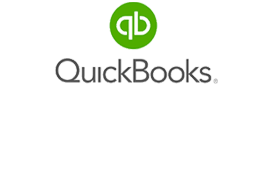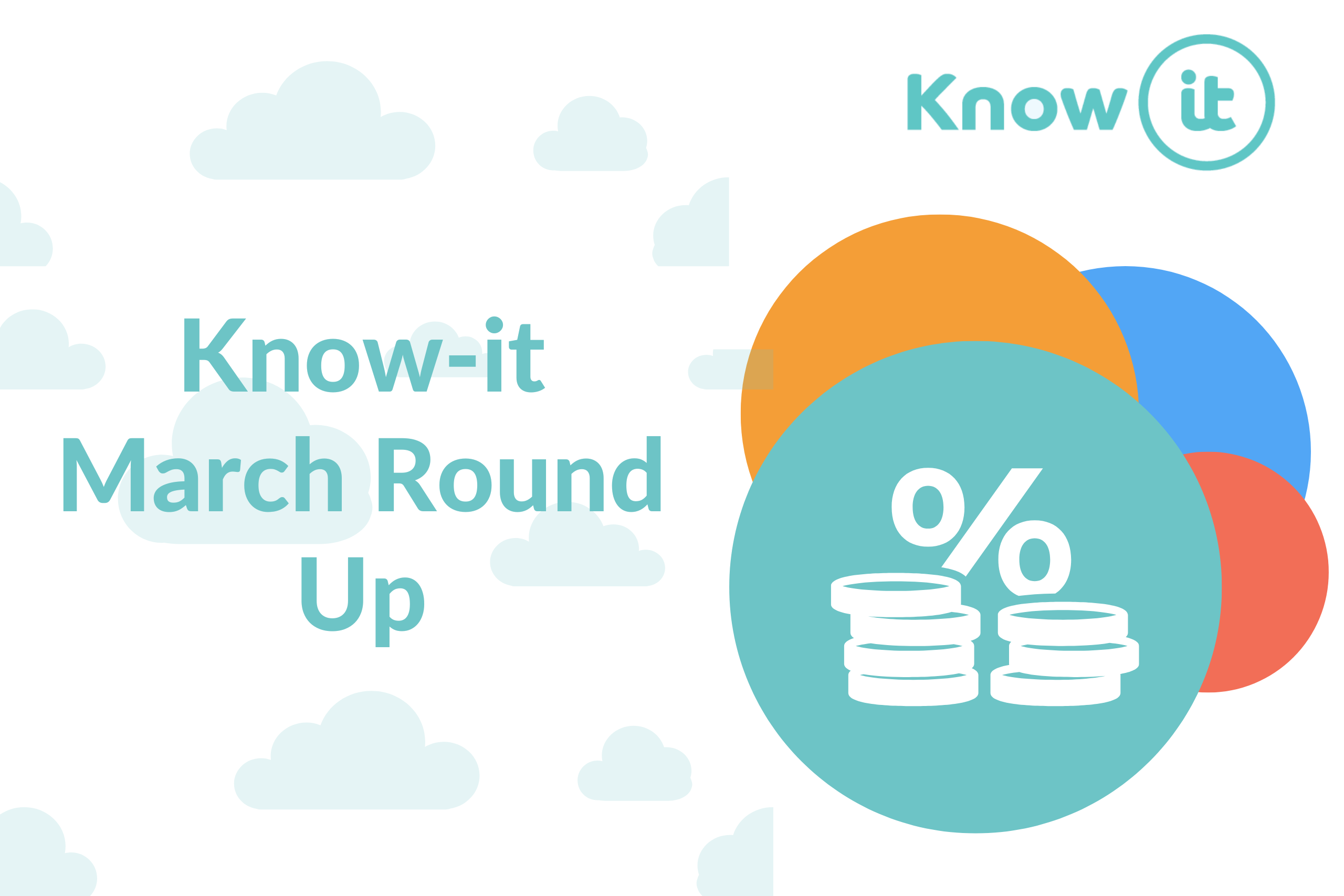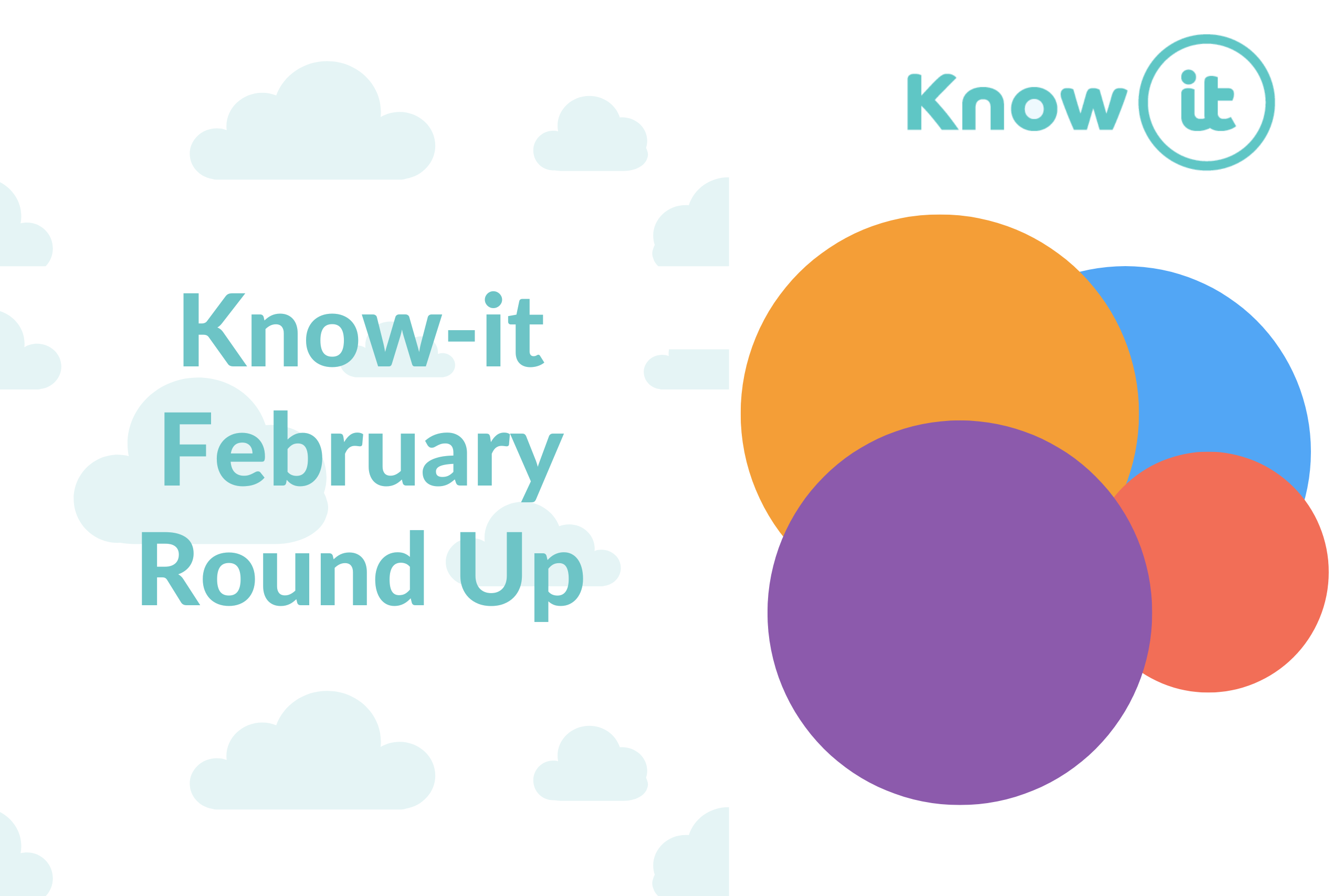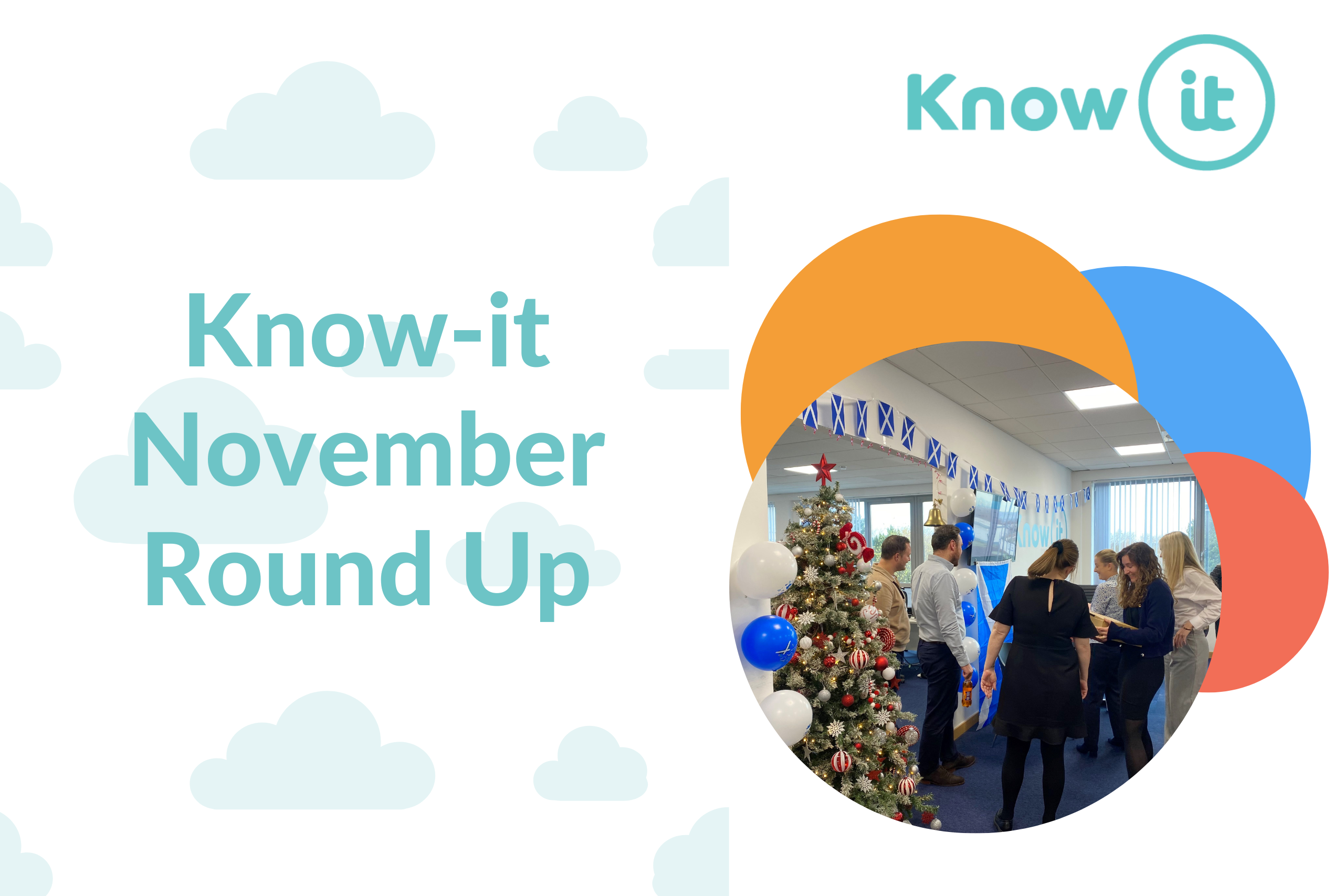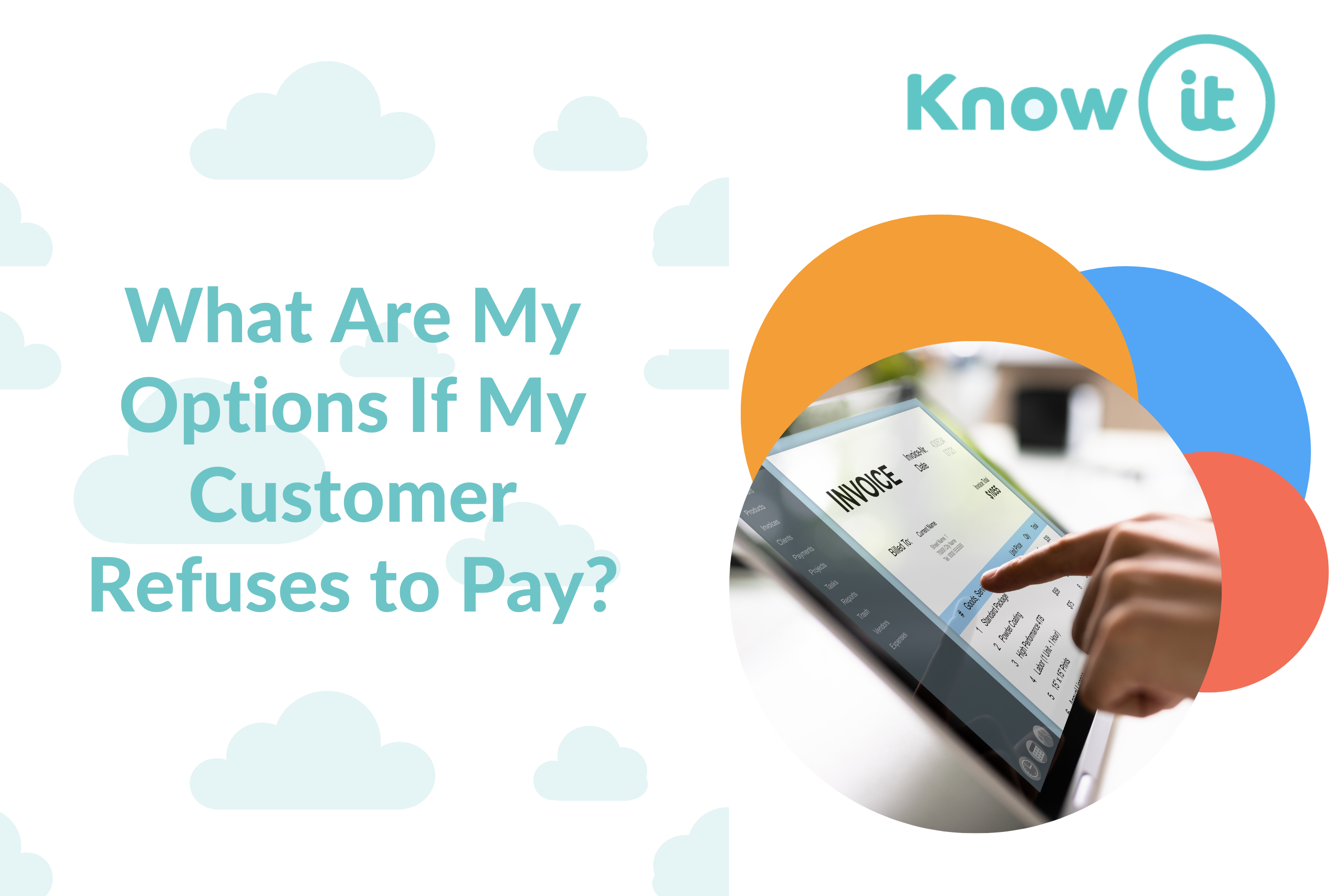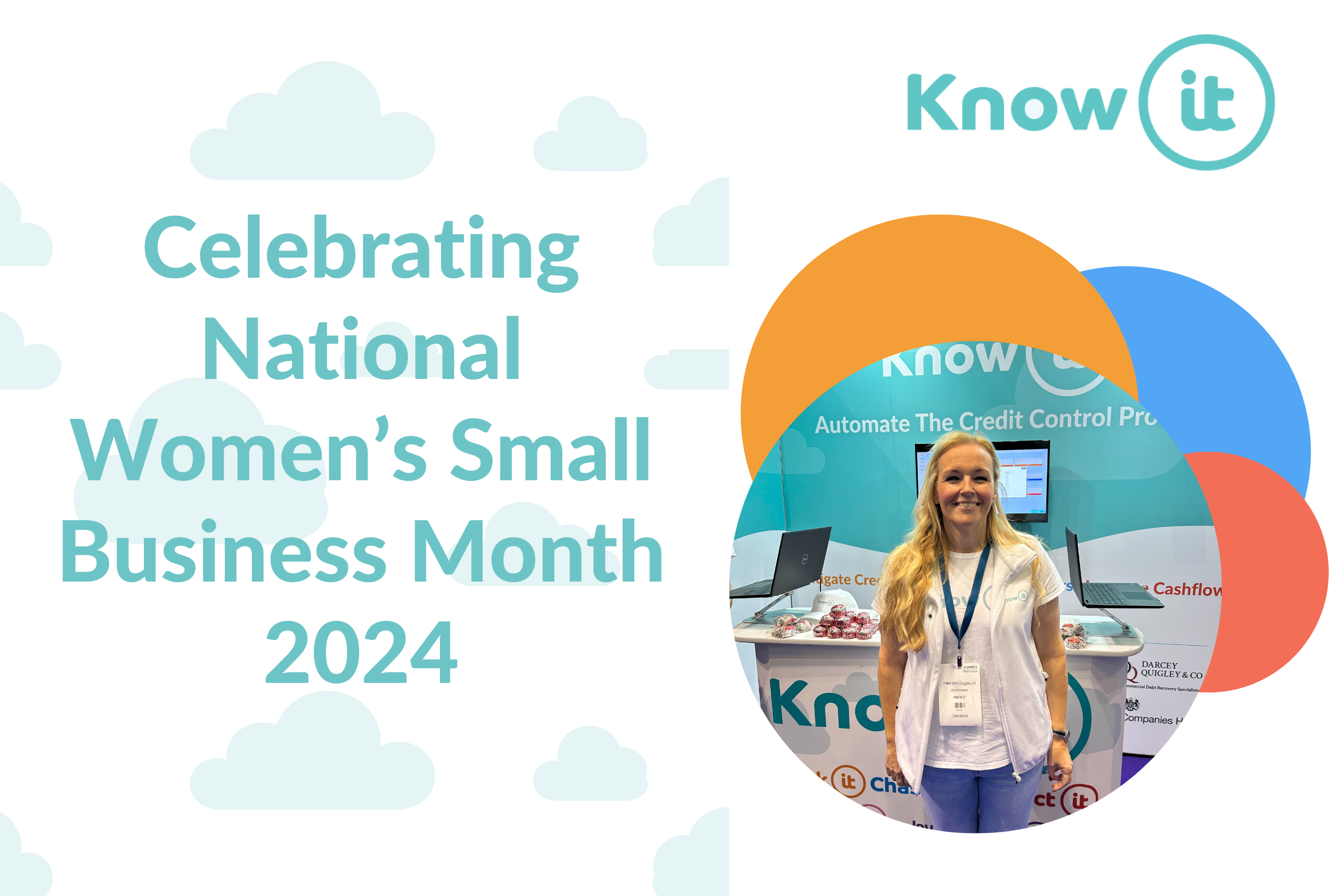What Does An Interest Rate Rise Mean For Your Business?
Updated June 2023: The Bank of England increased interest rates to their highest point in 15 years, up to 5%.
The Bank of England have now raised interest rates for the ninth time this year in an effort to combat inflation.
Interest rates have now climbed from 4.5% to 5%, the most rapidly these rates have climbed in a decade.
So why are interest rates rising?
Inflation has been a large factor. As of June 2023 Inflation is currently the highest it’s been in 3 decades, sitting at more than 10%. This is 5x the Bank of England’s target!
Talk of a rise in interest rates have been going on for a while now, but there were expectations that any interest rates rise would be put on hold with the spread of the Omicron variant of Covid-19, however, other variants of the virus have had less of an impact on economic growth than expected.
Changes in interest rates will have an impact on your business. Here are the five biggest impacts to expect.
Late Payment Interest
The Late Payment of Commercial Debts Act was introduced by the UK Government to protect businesses from late payments, giving them a statutory right to claim interest from other businesses for late commercial payment.
The statutory interest you can charge a business for not paying invoices on time is 8% plus the Bank of England base rate for business to business transactions, which has now increased from 4.5% to 5%. So, the total interest you can charge is now higher at a rate of 13%.
When you action a debt through Collect-it, our partners Darcey Quigley & Co work to collect not only your overdue amount but also late payment interest you are entitled to, late payment compensation that can be applied to each invoice, and costs for debt recovery from your late payer.
Find out how to calculate exactly how much late payment interest you’re entitled to with this guide!
Access to business funding
When interest rates rise it is not uncommon for banks to reduce lending as the risk of defaults increase.
This makes it more difficult for businesses to access necessary cash for growth or to keep cashflow healthy, and it will also make loans more expensive, which would then have a negative impact on cashflow when it comes to repaying the loan to lenders.
Value of GBP (£), importing and exporting
Increasing interest rates in the UK shows confidence in the British Pound, which increases the value and makes the currency stronger.
If you are an international company importing and/or exporting, changes like this will impact you.
A stronger Pound benefits importers as you will be able to buy at a cheaper rate. However, a strong Pound could make your exports more expensive for your international buyers so you may experience a dip in sales.
Outstanding loans
If you currently have outstanding loans your repayments are highly likely to increase in line with rises in interest rates.
Businesses that are reliant on lenders to keep afloat face stormy waters as their loans suddenly become more expensive overnight and could end up only paying off the interest of the loan, leaving the balance still outstanding.
Businesses that are unable to clear their debts will find it difficult to get further funding either through more borrowing or investment.
Higher return on savings
It’s not all bad news, the rise in interest rates means any cash deposited may yield higher returns.
How large the gains could be is dependent on the discretion of individual banks as some will have a higher interest rate than others.
However, the returns are likely to be much lower than the current rate of inflation and especially if we do see inflation rise to 6%.
Improving cashflow to mitigate risk
The best way businesses can mitigate the risk of changes in the market and economy is having a healthy enough cashflow where you can weather any storm.
Having a clean sales ledger, fully understanding your customers’ payment track-record and actively chasing unpaid invoices are the best ways of increasing cashflow without acquiring any new customers.
Know-it provides a complete end-to-end credit control process giving businesses the facility to credit check, monitor, automatically chase late payments and collect overdue invoices all in one easy to use platform.
Get Know-it free for 30-days and get a free credit report!
Lynne is the Founder and CEO of Know-it!
She is a passionate, driven and forward-thinking entrepreneur determined to help resolve the late payment crisis gripping SMEs.
Having worked within the credit management industry for over 27 years and ran UK leading commercial debt recovery specialists Darcey Quigley & Co for over 16 years, Know-it was devleoped to make credit control more accessilble for SMEs to help them effectively mitigate credit risk, reduce debtor days and boost cashflow!
Connect with me on LinkedIn!












